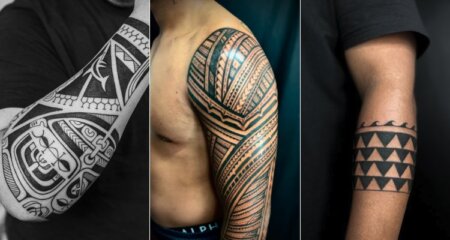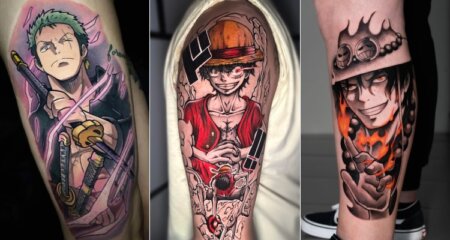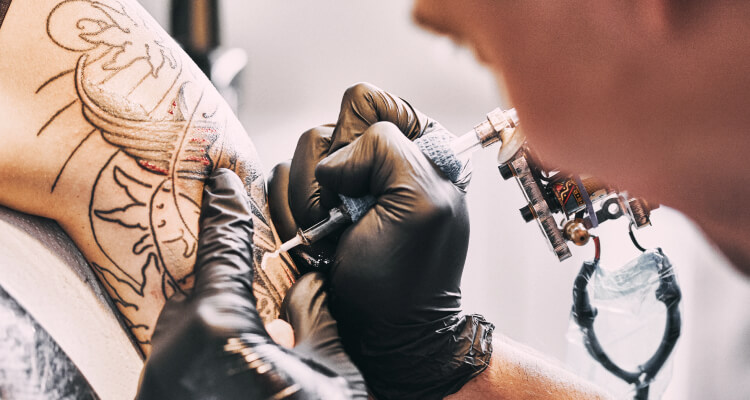
Tips to Consider When Choosing Best Tattoo Artists Near You in London
Posted on
Getting a tattoo is a commitment that can be exciting but also scary. You can find tattoo artists everywhere in London but it’s important to make sure you find one that fits your style. How do you find that one person who gets your vision and can design the art to match but stay within your budget?
A reputable, qualified artist with experience will first and foremost listen and understand your needs and preferences. Please click here for an example of a quality studio with top-notch artists in London.
The artists in studios like these are easy to communicate with and responsive; they understand your desires without instruction on creating the art.
Finding a good artist can be challenging, but when you do due diligence with research, you’ll be able to find what you’re looking for and know what to avoid if it’s a first tattoo experience.
Finding The Tattoo Artist for You
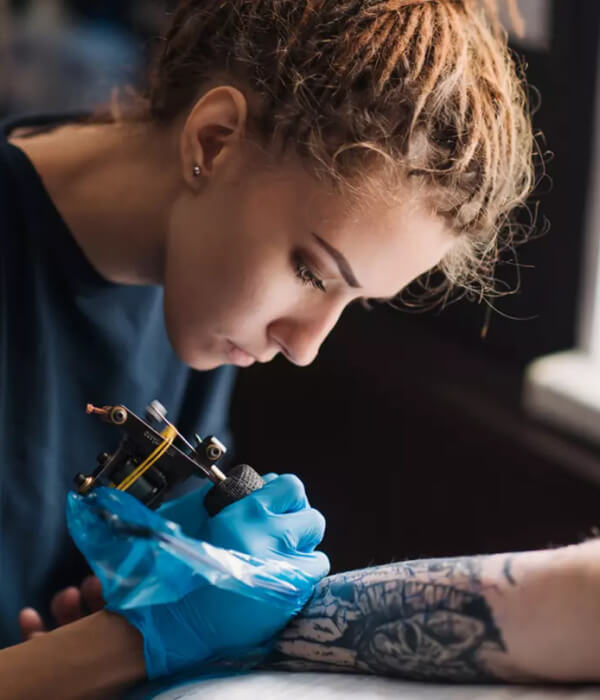
What makes a good tattoo artist, how to find a good tattoo artist, and what you should avoid when considering a new tattoo are questions requiring sufficient research before committing to a particular studio.
tips from tattoo artists on getting tattoos you’ll love. Then, follow along for tips to help find the artists that will meet your needs and satisfy your desires.
Research
When you commit to the idea of getting a tattoo and have the design, finding an artist capable of bringing that vision to life is essential. When looking for the best artist, check with people with tattoos you like to see where they got them.
Most will praise artists when they’ve had an excellent experience or advise them to avoid those who were unsatisfactory. The website and social network are the perfect place to check highlights of their work. You can compare different artists to see whose style and skills suit you.
Many clients leave testimonials and reviews on these platforms, giving you an idea of the artists’ reputations. Attending shows allows you to meet top talent and see live demonstrations on audience members; grab a business card for those that appeal to you.
Registered
In Wales and England, the law stipulates that tattoo artists must have “tattoo, piercing, and electrolysis licensure.” This registration needs to be visibly displayed on site in the artists’ studio showing that the studio and artists are registered with the local council.
Qualifications
Tattoo artists have no standard qualifications, but the expectation is that they will have completed roughly two years of apprenticeship with a registered studio.
Portfolio
When you find an artist with their registration, adequate training, and sufficient experience in the industry, you want to request their portfolio to check their work standard to see if it suits your style. The portfolio should be displayed in the artist’s studio, with photos highlighting previous work.
Be wary if these photos are poor quality. A good artist will want their efforts to be seen in great detail to help sway your decision. Some technical attributes to check for include the following:
- Consistency in quality with each design
- Lines are even instead of beginning thin and fanning out to become fat, unless the design calls for that. No evidence should be apparent of joins or bumps or any overlapping. This speaks to cutting into the skin too deeply.
- No patchy areas should show with block colours or solid black. When colours meet it should be smooth with no light areas, a natural blend and these should stay inside the outlines.
- When tattoos are placed, they should be 100 percent accurate, straight, and well-placed. If someone wants a design in the centre of their back, this should be directly centre. Lettering should be straight on, a difficult task to master but heavily focused on in the apprenticeship.
When all criteria are met, it will come down to whether the designs suit your style; maybe you want a portrait, but none are in the portfolio. This could mean the artist hasn’t done any.
Safety

Tattoo artists must legally adhere to health and safety standards ensuring all procedures are accounted for to eliminate the threat of communicable diseases including HIV and hepatitis. It’s illegal in the UK to get a tattoo under the age of 18, so the artist should first ask for proof of age.
They will need to know if you have underlying health concerns or allergies to possibly impact a tattoo. The following should be followed for optimum safety:
- Dispose of tattoo needless in a sharps container.
- The work area must be a separate space from the shop and wholly sanitised before each new client.
- Reusable equipment including the tattoo machine should be sterilised in an autoclave; ask the artist to see the system for reassurance.
- Needles must be new from sterile packages and only opened once ready for use in front of you.
- Water, ink, and ointment, or anything with direct skin contact should not go in a generic container once used with another client.
- The artist mut wash their hands before starting and apply a new set of disposable gloves.
According to the laws, tattoo artists must provide aftercare guidelines like keeping the art dry and clean and advising roughly how long it takes for the tattoo to fully heal.

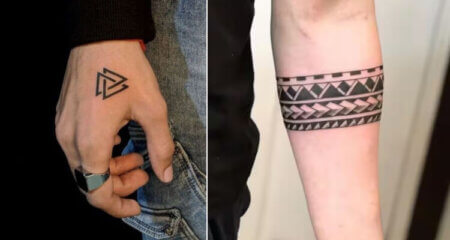
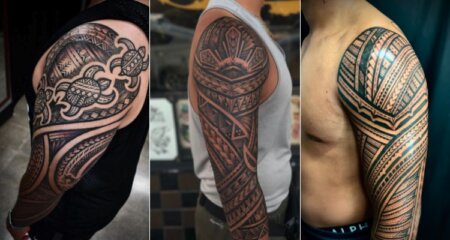
![Trending Tattoo Designs for Girls [2024] Trending Tattoo Designs for Girls [2024]](https://www.trendingtattoo.com/wp-content/uploads/2024/09/Trending-Tattoo-Designs-for-Girls_1-450x240.jpg)
![20 Amazing Brother Sister Tattoo Ideas & Designs [2024] 20 Amazing Brother Sister Tattoo Ideas & Designs [2024]](https://www.trendingtattoo.com/wp-content/uploads/2024/08/Amazing-Brother-Sister-Tattoo-Ideas-Designs-450x240.jpg)
